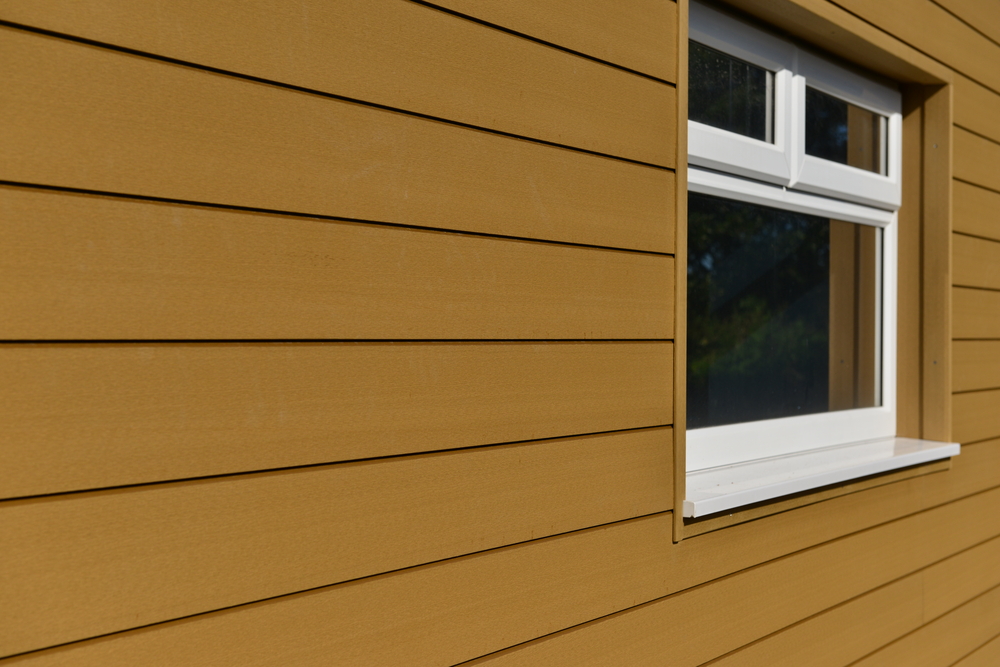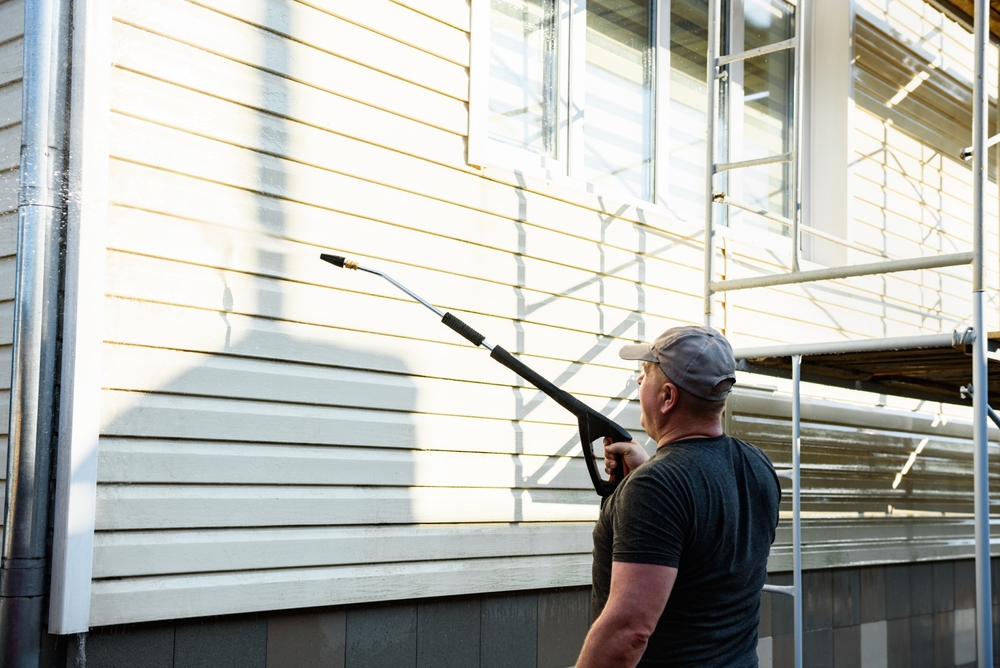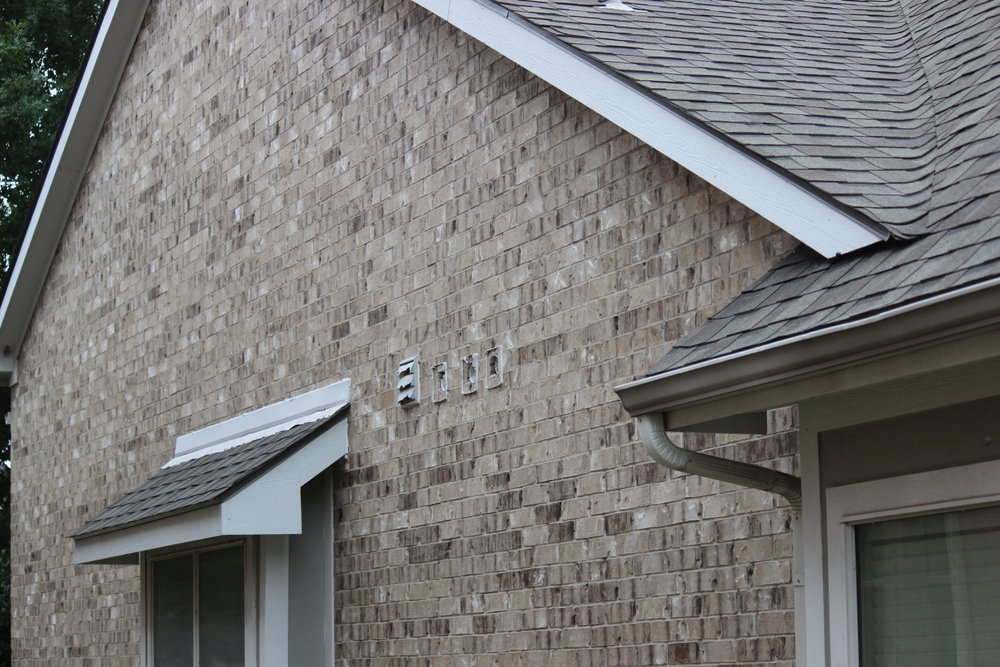If you’re replacing windows or planning a remodel, choosing the right glass is one of the most important decisions you’ll make. The glass you pick affects how comfortable your home feels, how much you spend on energy, and even how safe your family is. In this guide, we break down the most common window glass types, the pros and cons of each, and how a professional window contractor can help you make a confident choice. You’ll also learn how Heritage Exteriors—also known to many local homeowners as Hexteriors—can guide you through different types of glass windows to match your home’s style and needs.
Key takeaways:
- The glass type you choose affects energy efficiency, safety, noise, and style.
- Not all glass performs the same in different rooms or climates.
- A trusted window contractor can help you balance budget, performance, and curb appeal.
Choosing the Right Window Glass for Your Home
Selecting the right glass goes beyond picking a clear pane. It’s about performance and quality of life.
- Energy efficiency: Your windows can be one of the largest sources of heat loss in winter and heat gain in summer. Glass with coatings, gas fills, and multi-pane construction can cut energy use and lower bills. According to industry data from the U.S. Department of Energy, heat gain and loss through windows are responsible for 25%–30% of residential heating and cooling energy use. Upgrading your window glass can significantly reduce that load.
- Style and daylight: Glass choice affects how much natural light you get and how it looks in different rooms. Some glass tints and coatings change the color temperature slightly, while obscured finishes add privacy without making rooms feel dark.
- Durability and safety: Tempered and laminated options offer better impact resistance. This matters in high-traffic areas, near doors, in bathrooms, and in regions with strong winds or severe weather.
The role of professional window contractors
A professional window contractor helps you match window glass types to your climate, home orientation, and lifestyle. They’ll explain trade-offs—like when Low-E coatings make sense, how to choose the right solar heat gain coefficient (SHGC), and where laminated or tempered glass is required by code. Experienced window contractors also ensure correct installation, which protects the glass unit’s seal and maximizes performance for the long haul.
Different Types of Glass Windows
Annealed Glass
Annealed glass is the baseline product most people think of as “regular glass.”
- Pros: Affordable, widely available. It’s easy to cut to size and works for low-risk applications.
- Cons: Breaks into sharp shards, less safe. Because it’s not heat-treated, it’s more likely to crack under impact or stress.
Best for: Low-risk interior applications or small fixed panes away from doors and floors. It’s rarely the best option for exterior windows where safety and efficiency matter more.
Tempered Glass
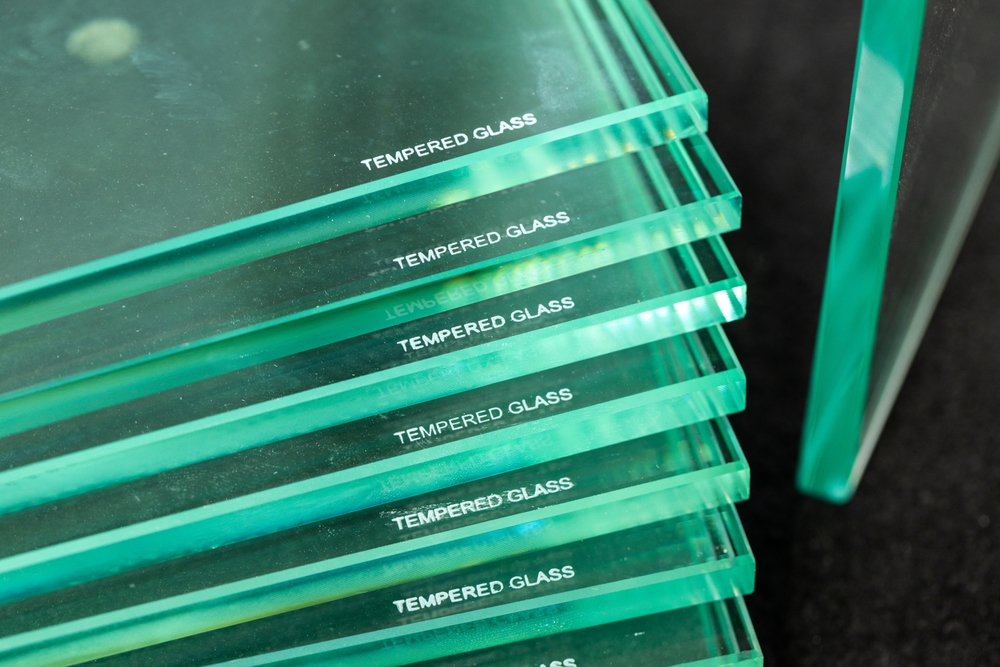
Tempered glass is heat-treated to increase strength and safety.
- Pros: Stronger than regular glass; shatters into small, blunt pieces for safety. It’s often required by building codes in doors, near floors, in bathrooms, and in large window openings.
- Cons: Higher cost; cannot be cut after manufacturing. Any drilling or cutting must happen before tempering.
Best for: Patio doors, large picture windows, shower areas, and windows within 24 inches of a door or near the floor, where code may require it.
Laminated Glass
Laminated glass sandwiches a clear plastic interlayer between two panes.
- Pros: Excellent security; blocks UV rays; reduces noise. If broken, shards adhere to the interlayer, maintaining a barrier. It can block up to 99% of UV rays, helping preserve furniture and flooring.
- Cons: More expensive; heavier. The added layers make it denser and pricier.
Best for: Street-facing rooms for noise control, coastal or storm-prone regions, and any location where safety and security are priorities.
Insulated Glass Units (IGUs)
IGUs, commonly called double-pane or triple-pane windows, use two or three panes separated by a sealed air or gas space.
- Pros: Great for energy efficiency; reduces condensation. Argon or krypton gas fills and warm-edge spacers improve insulation and comfort year-round.
- Cons: Seal failure can cause fogging over time. Poor installation or cheap spacers increase the risk of moisture between panes.
Best for: Most exterior windows in climates with significant temperature swings. A must-have for modern energy performance.
Low-E Glass
Low-emissivity (Low-E) glass features a microscopically thin coating that reflects heat.
- Pros: Reflects heat; improves insulation; lowers energy bills. In summer, it helps keep heat out; in winter, it reflects heat back inside. Versions like Low-E2 and Low-E3 adjust performance for different climates.
- Cons: Slightly higher initial investment. Some coatings may subtly affect visible light color.
Best for: Sunny exposures, homes seeking better energy performance, and rooms with big windows. Low-E combined with IGUs is a strong all-around choice.
Tinted Glass
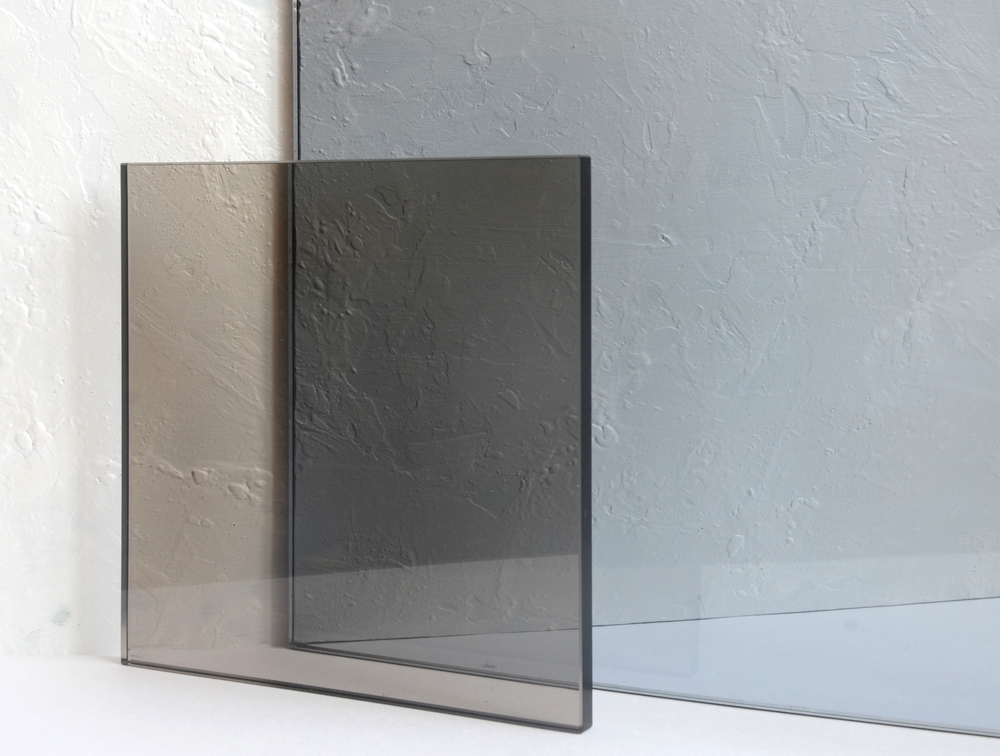
Tinted glass uses color additives to reduce solar gain and glare.
- Pros: Reduces glare; enhances privacy; blocks UV rays. Useful in spaces that get harsh afternoon sun.
- Cons: Can reduce natural light. The tint may slightly alter interior color perception.
Best for: South- or west-facing windows where glare and heat are issues, especially in living rooms, home offices, and media rooms.
Obscured or Frosted Glass
Obscured or frosted finishes diffuse light and blur visibility.
- Pros: Ideal for bathrooms; adds privacy; still allows light. It can be etched, sandblasted, or factory-applied.
- Cons: Limited visibility. Not ideal where you want a view.
Best for: Bathrooms, entry sidelights, laundry rooms, and basement windows where privacy matters.
How Window Glass Types Affect Performance and Style
- Energy efficiency and insulation: IGUs with Low-E coatings and gas fills offer the best balance of insulation and clarity. Look for Energy Star-certified options and pay attention to U-factor (insulation) and SHGC (solar heat control). Cooler climates often benefit from lower U-factors; sunnier climates benefit from lower SHGC to reduce heat gain.
- Noise reduction: Laminated glass is the standout for sound control. It dampens vibrations, cutting traffic and neighborhood noise without sacrificing daylight.
- Safety and security: Tempered glass reduces injury risk when broken; laminated glass keeps a barrier intact even after impact. In many cases, contractors recommend tempered for code compliance and laminated for security hot spots.
- Aesthetic appeal and privacy options: Tinted, obscured, and decorative laminated interlayers help you curate the look and feel of a room. Obscured glass protects privacy in bathrooms and entries, while tints and Low-E coatings manage glare and reduce fading of fabrics.
A smart approach is to mix and match: for example, Low-E double-pane windows in most rooms, laminated glass in the nursery and street-facing bedroom, and obscured tempered glass in bathrooms. A knowledgeable window contractor can help you plan these combinations.
Why Work with a Professional Window Contractor
- Expertise in matching different types of glass windows to your needs: Pros assess your orientation to the sun, local climate, and comfort goals. They’ll recommend glass packages—like double-pane Low-E with argon—for all-around performance, or laminated upgrades where noise or security is a concern.
- Quality installation for long-term performance: Even the best glass fails if the unit is installed poorly. Contractors ensure square, level installation, airtight flashing, and proper shimming, protecting the IGU seal and preventing drafts and condensation.
- Access to premium materials and warranties through trusted window contractors: Established window contractors partner with top manufacturers. You get better spacer technology, reliable Low-E coatings, and strong warranties that protect your investment.
Bottom line: The right partner helps you avoid costly mistakes and ensures your windows perform as promised for years.
Heritage Exteriors — Your Local Window Experts
Heritage Exteriors, known by many homeowners as Hexteriors, specializes in siding and windows that elevate your home’s beauty and comfort. The team guides you through the full spectrum of window glass types—from annealed and tempered options to advanced Low-E IGUs and laminated packages—so you get the right performance in every room.
What you can expect:
- Tailored recommendations: Heritage Exteriors listens to your goals and designs a glass package that balances energy savings, privacy, and safety.
- Craftsmanship-driven installation: Careful measuring, sealing, and finishing protect your investment and help prevent issues like IGU seal failure or frame warping.
- Trusted products and warranties: Access to premium materials and strong manufacturer and workmanship warranties gives you peace of mind.
- A focus on curb appeal and comfort: Whether you want brighter spaces, quieter bedrooms, or more secure entry areas, Hexteriors aligns the right glass with your vision.
Ready to explore different types of glass windows for your project? Talk with a Heritage Exteriors window contractor to compare options, see samples, and plan the best path for efficiency and style.


